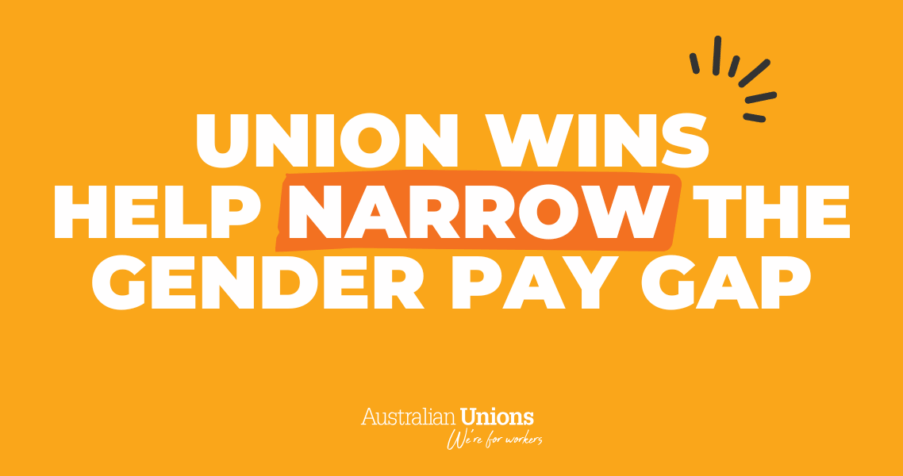Putting on Personal Protective Equipment (PPE) is actually part of your job – and should be done in work time.
That was the decision of the Fair Work Commission’s full bench late last week after a meat worker challenged Bindaree Food Group’s claim that getting ready to be safe at work should be personal – not work time.
The supply of ample, high quality PPE to protect workers in environments where their health may be at risk when they are simply doing their job has come into sharp focus as the pandemic drags on.
As work patterns and habits have changed and been reassessed to cope with the very real challenges posed by COVID19, the fear for workers has been that the responsibility and costs associated with doing their job will be increasingly shifted to them.
That’s what makes this most recent ruling of the FWC an important benchmark.
Liam O’Brien is Assistant Secretary at the ACTU with responsibility for Work, Health and Safety (WHS) issues. He spoke with On the Job and said that the position of the FWC on this issue is the correct one.
“The commonsense approach and indeed one that clearly, as evidenced by this petition this week, is supported by the law, is one where workers that are required to wear PPE are entitled to do that in work time,” said O’Brien.
“Employers should be making accommodations at the beginning and end shifts, but also, quite frankly, either side of meal breaks and rest breaks for workers to be able to apply PPE.”

Workers are fearful that some unscrupulous employers will try and use the conditions of pandemic employment to reduce their overheads and shift the cost of workplace safety to employees by making them responsible for supplying and applying their own PPE.
Similarly, a reluctance to provide workers with the highest quality protective materials is being closely monitored, as is the regularity with which workers are allowed to refresh and renew their PPE to ensure that it provides them with ongoing and effective protection.
O’Brien wants to remind workers and their employers that it is the responsibility of business owners to take ownership of their PPE programs – and to ensure that it is up to standard.
“Employers are legally obliged to supply workers with PPE. So whatever PPE is necessary to perform the task needs to be made available to workers. And the time needs to be set aside in working time to get ready. If workers are expected to be ready with PPE already applied, then that needs to be paid for,” O’Brien said.
When it comes to determining which work environments require a comprehensive PPE plan, every employer needs to be fully aware of these responsibilities.
O’Brien believes that a collaborative approach between workers and business owners offers the best approach to ensuring workers can do their jobs with confidence in the protection they are afforded.
It also offers business the best prospect of limiting infection and transmission at their work sites, something that is in their own best interest as infection outbreaks have led to lockdowns that have had a severe impact on economic activity.
“Employers are required to assess and to identify risks in their workplaces and to apply controls and PPE is a control that they are obliged to apply.
“So, it’s up to the employer in consultation with workers and health and safety reps to determine what is the appropriate PPE to be used for a particular task.
“It would vary across different industries but everything from things like steel-capped boots and hard hats in construction, through to face masks for all workers and other PPE as well.”
Recalcitrant employers should face meaningful penalties if they fail to comply with their responsibilities according to the ACTU Assistant Secretary.
“There are currently legal duties on employers to provide PPE. Workers who are required to provide their own PPE need to be compensated. So, there are a range of penalties that can be imposed on employers for failure to provide PPE,” explained O’Brien.
“In relation to the provision of face masks, one thing we have said as a movement from the start, and this is supported by the law, is that if it is a requirement in your workplace to wear a face mask, then that face mask should be provided by your employer.
“What we are increasingly seeing is that costs are being shifted to workers and that’s not okay. Workers should be contacting their union when they’re being required to supply their own face masks.”






SHARE:
Wearing PPE at work is part of the job